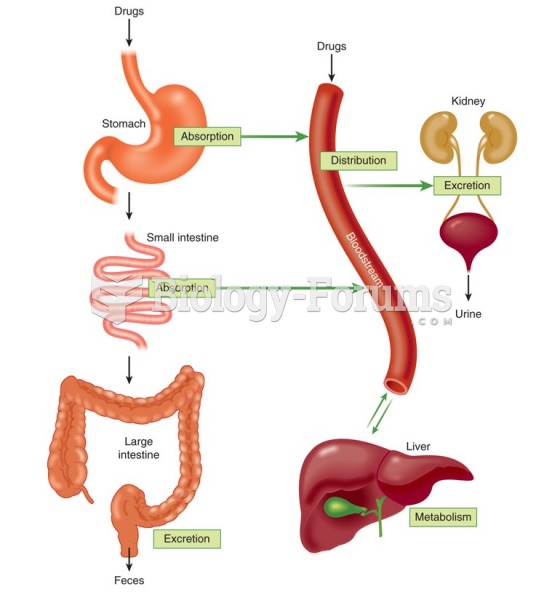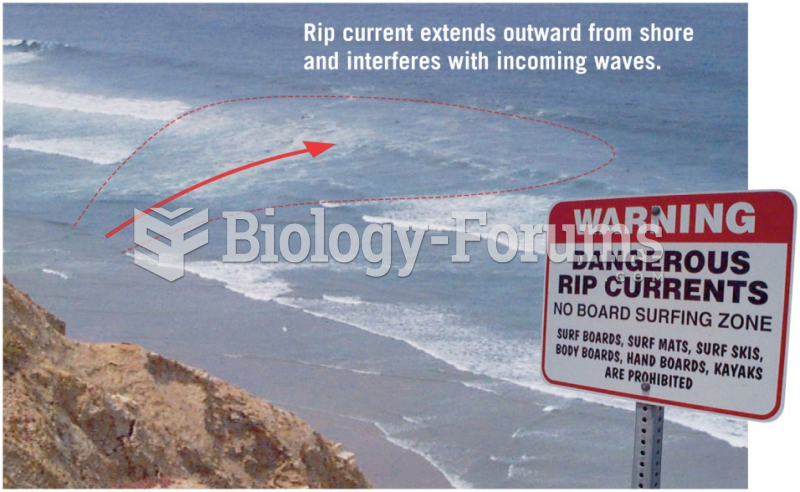Answer to Question 1
People in residential communities (where MSW is generated) invariably reject proposals to site landfills anywhere near where they live, and those who already live close to existing landfills are anxious to close them down. Some reasons for the opposition to landfills are odors, litter from the landfill, heavy truck traffic, litter next to the roads from the garbage trucks and other users of the landfills, contamination of surface or groundwater from leachate, seagulls and other birds attracted to the garbage, and landfill operators not following rules concerning covering wastes.
Outsourcing is the sending of wastes some distance from the place of origin. Outsourcing leads to the inefficient and equally objectionable practice of the long-distance transfer of trash, as waste generators look for private landfills whose owners are anxious to receive trash. Often this transfer occurs across state and even national lines, leading to resentment and opposition on the part of citizens of the recipient state or nation.
Answer to Question 2
I evaporate from surface water when it is heated and then I condense as I cool off. When enough other water molecules condense around me, I fall from the sky as precipitation. I reach the ground and I might infiltrate the soil or I run off into a stream, lake, or ocean. If I have soaked into the ground, I may end up as capillary water or gravitational water. If I'm gravitational water, I will percolate through the ground and collect as groundwater in an aquifer. I then may be released to the surface through a seep or a spring. If I'm capillary water, I will be picked up by a plant. I'll move up through the plant's roots through its stem and will transpire through a pore in the leaves. I might be incorporated into glucose. I could also be drunk by an animal if I am a molecule in surface water or by a human if I'm pumped from groundwater. If I am consumed by an animal I will move through the organism and become sweat, tears, or spit, or I could be excreted via urine.







